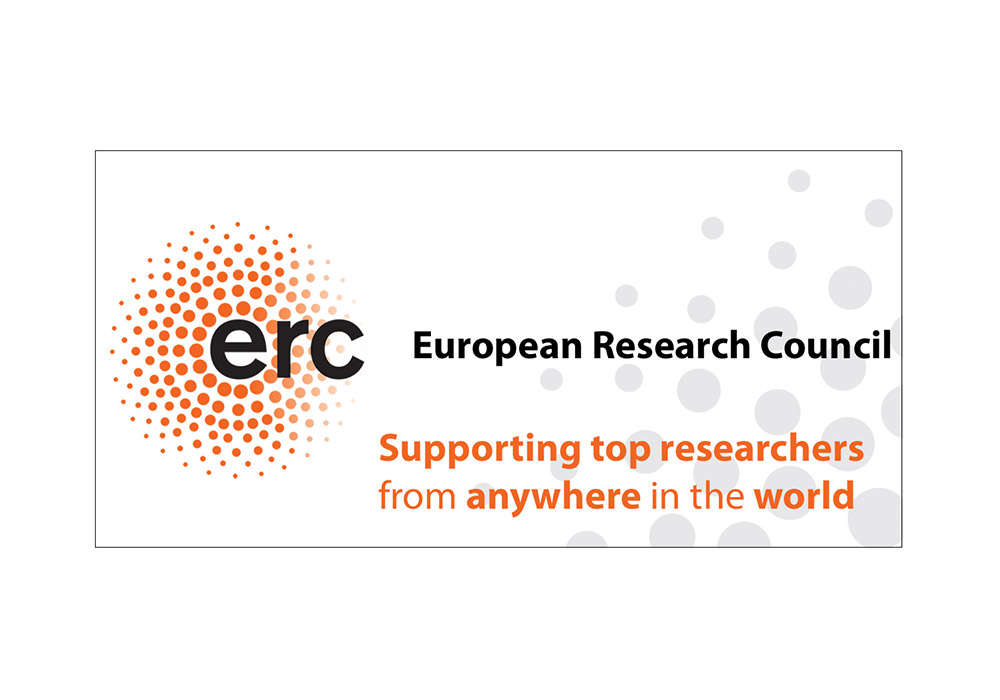The ERC grants are the most prestigious and competitive individual research grants in Europe and worldwide. The ERC StG select the most promising early-career scientists who have generated outstanding work, and show great potential to be world leaders in their research field.
One of the six awarded researchers in 2020 is Albino Oliveira-Maia who works as a researcher and as a practicing physician at the Champalimaud Centre for the Unknown. Albino was awarded 1.5€ Million to continue his groundreaking exploration of the communication between the digestive and nervous systems. CalorieRL will be investigating food choice in humans. After all, if our gut is capable of telling the brain which food is more nutritious, why do we often not listen? How loud is this message, and is it more or less forceful amongst different individuals? It is hoped that the project will shed some light on how and why we choose the foods that we eat, which may go some way in the ongoing battle against obesity.
Bárbara Gomes, from the Faculty of Medicine of the University of Coimbra, obtained 1.8M€ to carry out an innovative study on the experiences of citizens in relation to the place where they prefer to die and where they really die. The project EOLinPLACE will contribute to increase humanization and quality in the provision of health care at the end of life and aims to transform the way we classify and understand the places where people are cared for at the end of their life and where they end up dying.
Elias Barriga from the the Instituto Gulbenkian de Ciência, was awarded 1.8M€ to study the mechanism by which biochemical and biophysical stimuli are integrated into a coherent directional and collective migratory behavior. The MOVE_ME project aims at better understanding how cells migrate in complex environments which are present in our bodies. Elias and his team expect to contribute with unique perspectives to a wide range of fields, especially to the field of embryonic development and the study of congenital defects, as well as the field of cancer and regeneration.
Paulo Rocha, at the Faculty of Sciences and Technology of the University of Coimbra, received 2.2M€ for his GREEN project, aiming to investigate how to generate clean, low cost and sustainable energy from communication processes between algae. This project will allow Paulo to establish a world leading laboratory focusing on developing a radically different way to generate clean energy from algae. GREEN will deliver a self-sustainable bioenergy generator, with an output power at least 100 times larger than current state-of-art bioenergy generators.
Ricardo Agarez, of the Centro Interdisciplinar de História, Culturas e Sociedades of the University of Évora, received 1.5M€ for contributing to built environment knowledge for resilient, and sustainable communities. The objective of ReARQ.IB is understanding the architecture that shapes our daily lives and which empowers communities, allowing them to make informed decisions about what to maintain, reuse, replace, and on how to update and improve their buildings. This is the first ERC grant awarded to the University of Évora and to the field of arquitecture in Portugal.
Sónia Cruz at the Centre for Environmental and Marine Studies of the University of Aveiro was awarded 2.25M€ to carry out very original research on the mechanisms that enable the incorporation and maintenance of photosynthetically active chloroplast animal cells. The project KleptoSlug aims to study the cellular mechanisms supporting the sequestration (kleptoplasty) and maintenance of functional chloroplasts inside animal cells, as well as to determine the role of photosynthesis in sea slugs. Kleptoplasty is a process in which an organism “steals” specific organelles of plant cells where photosynthesis occurs (chloroplasts) from another organism (algae).
Portugal has received so far a total of 120 ERC Grants, including all types of grants (StG, CoG, AdG, SyG and PoC).
The ERC Program will continue to exist in the same format and with the same rules in the new European Framework Programme Horizon Europe. Information on ERC calls can be found here.
